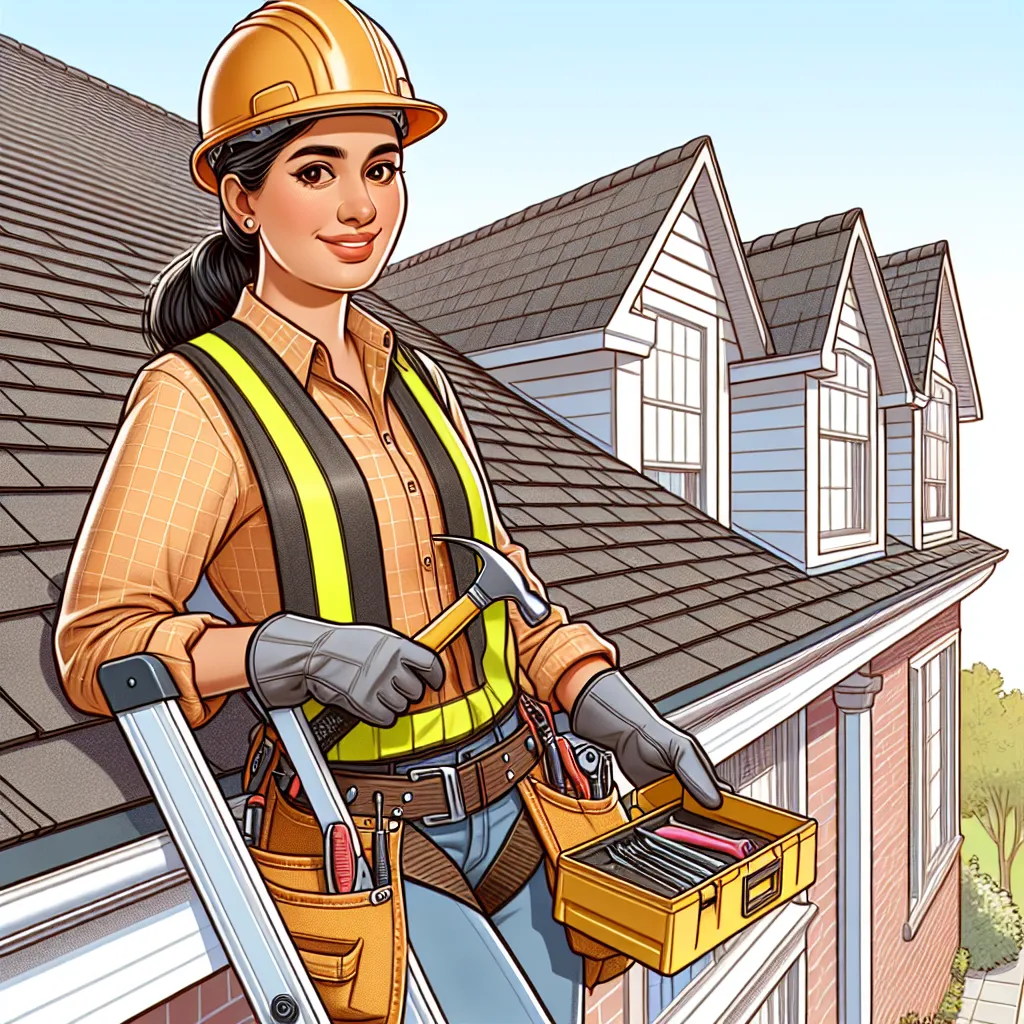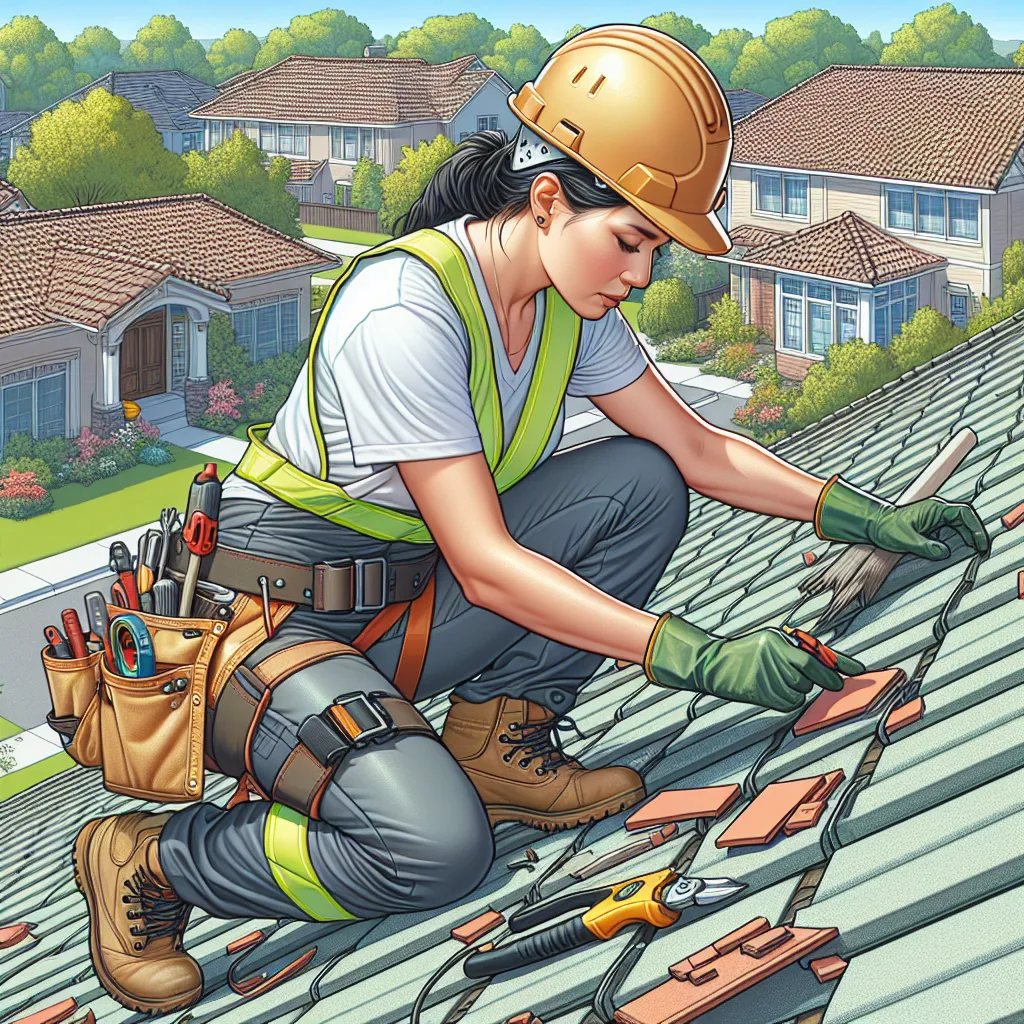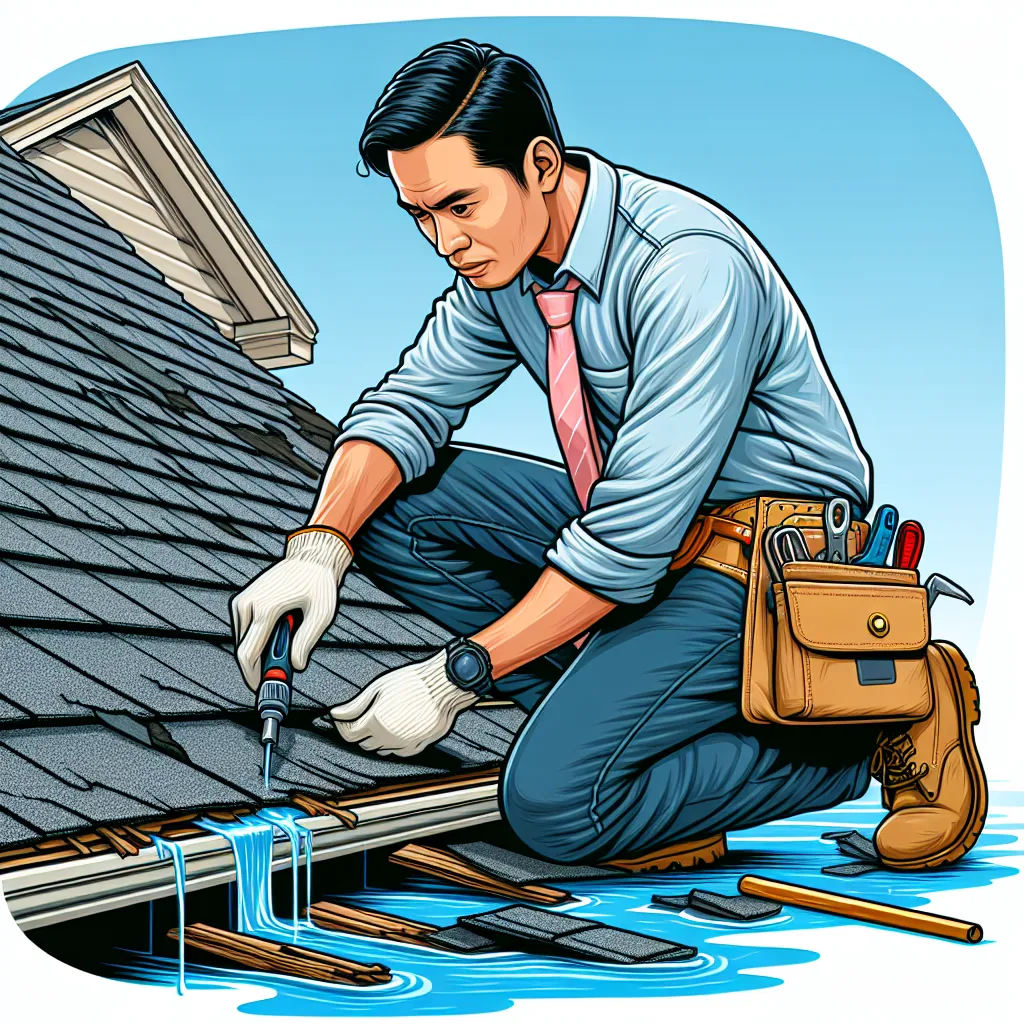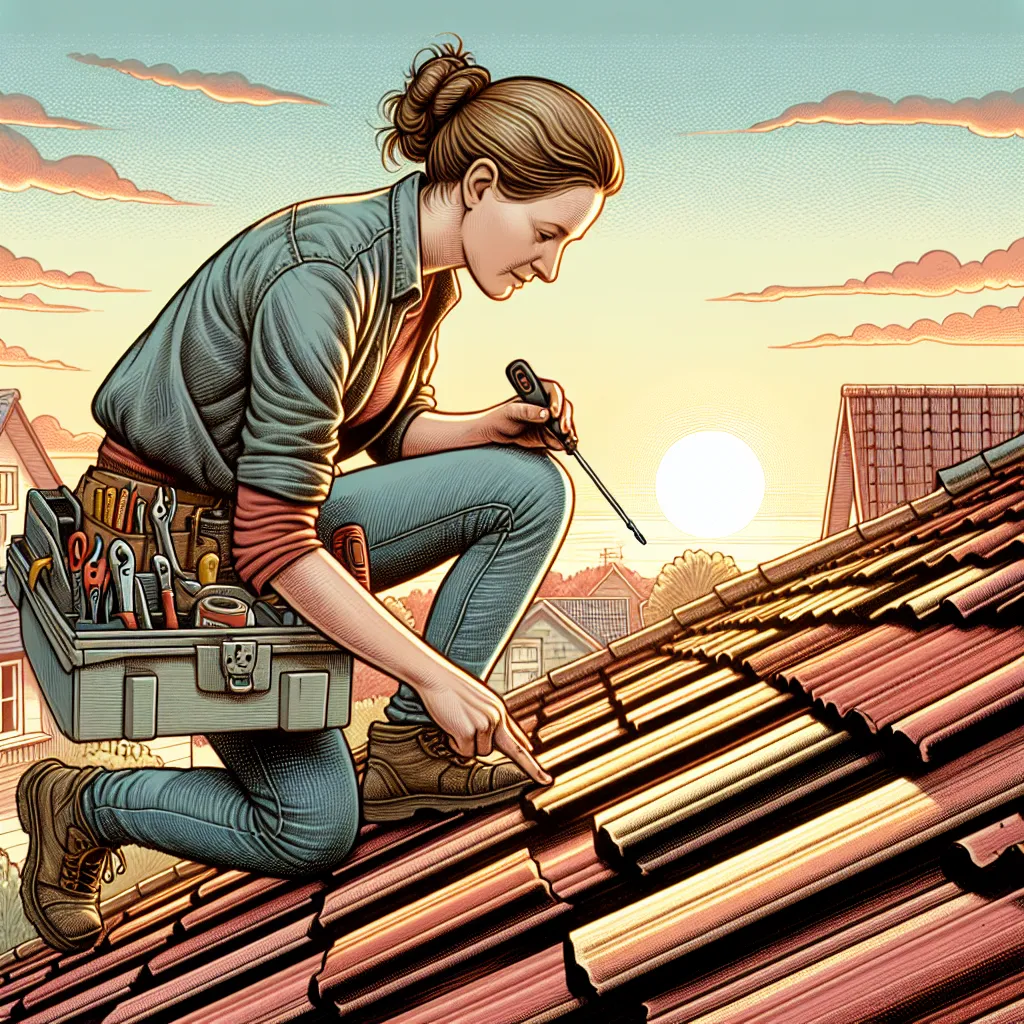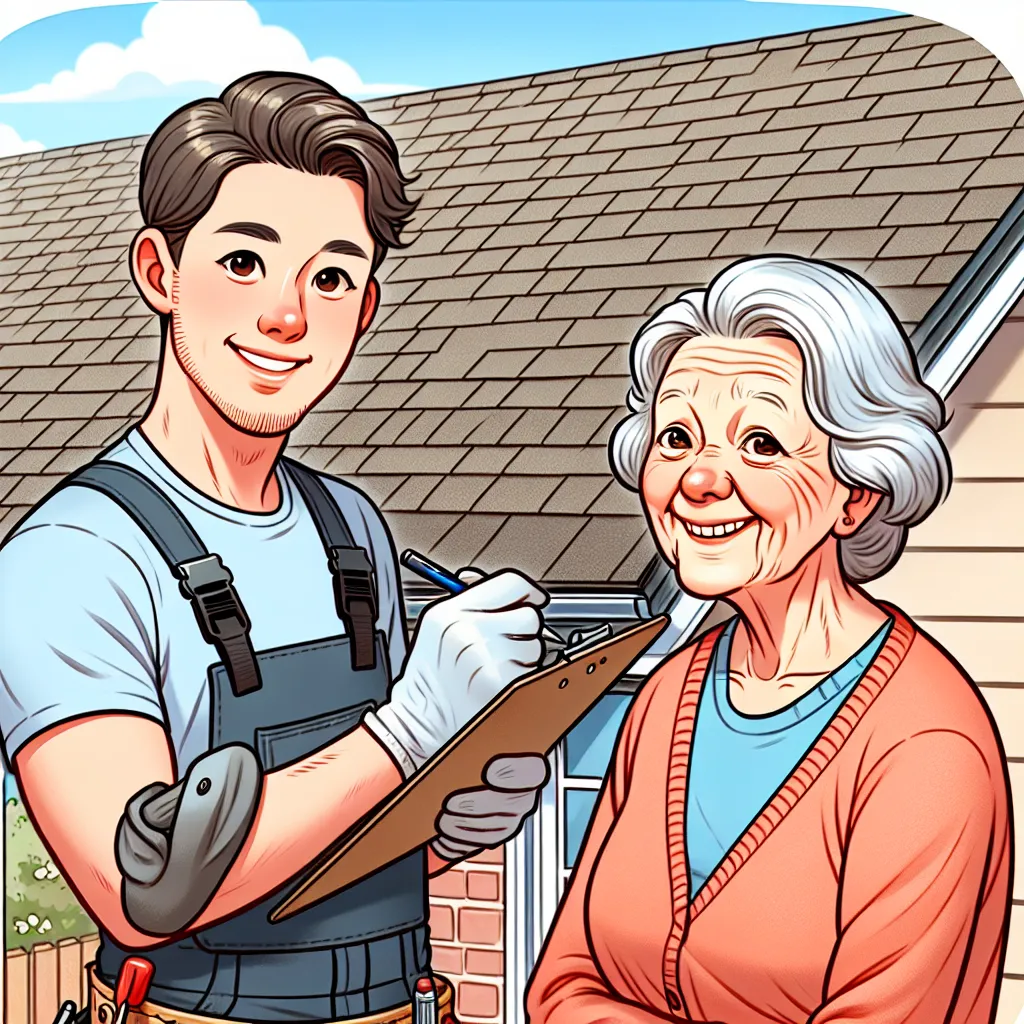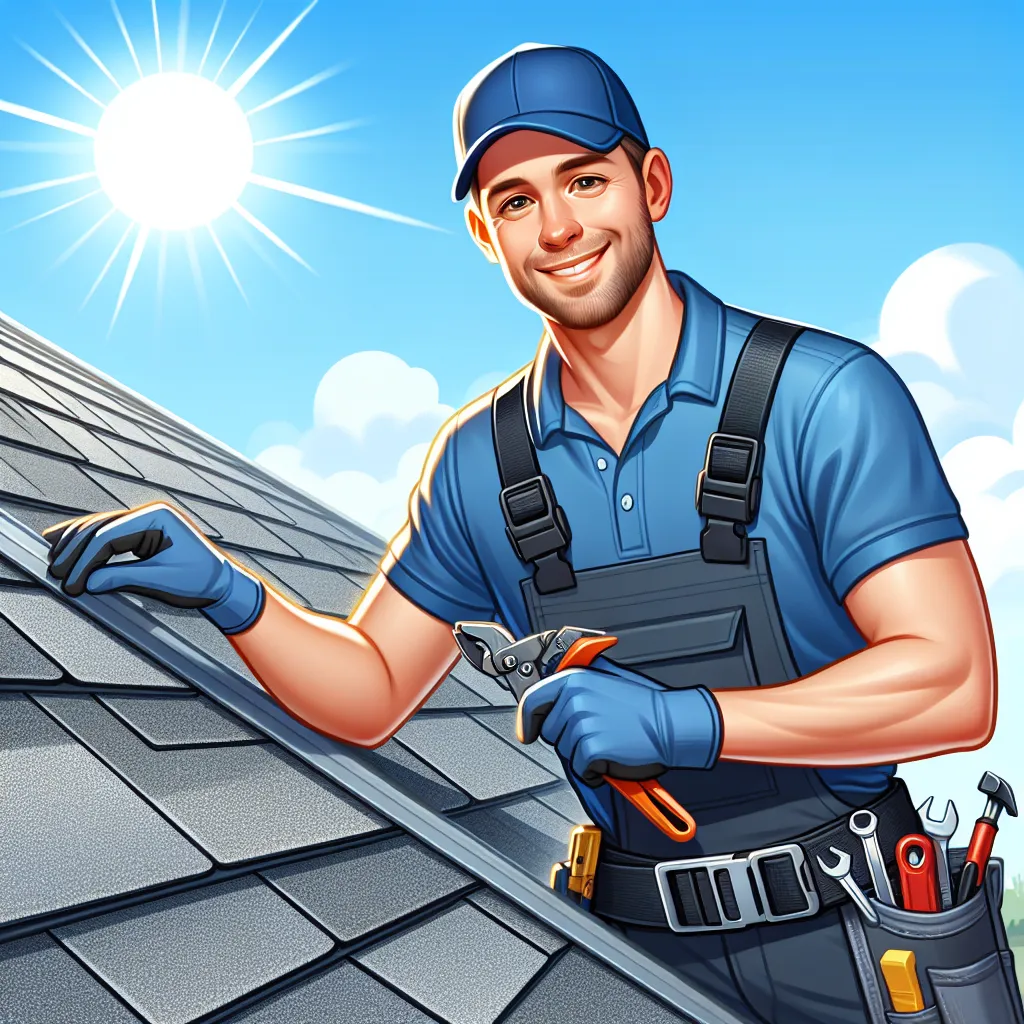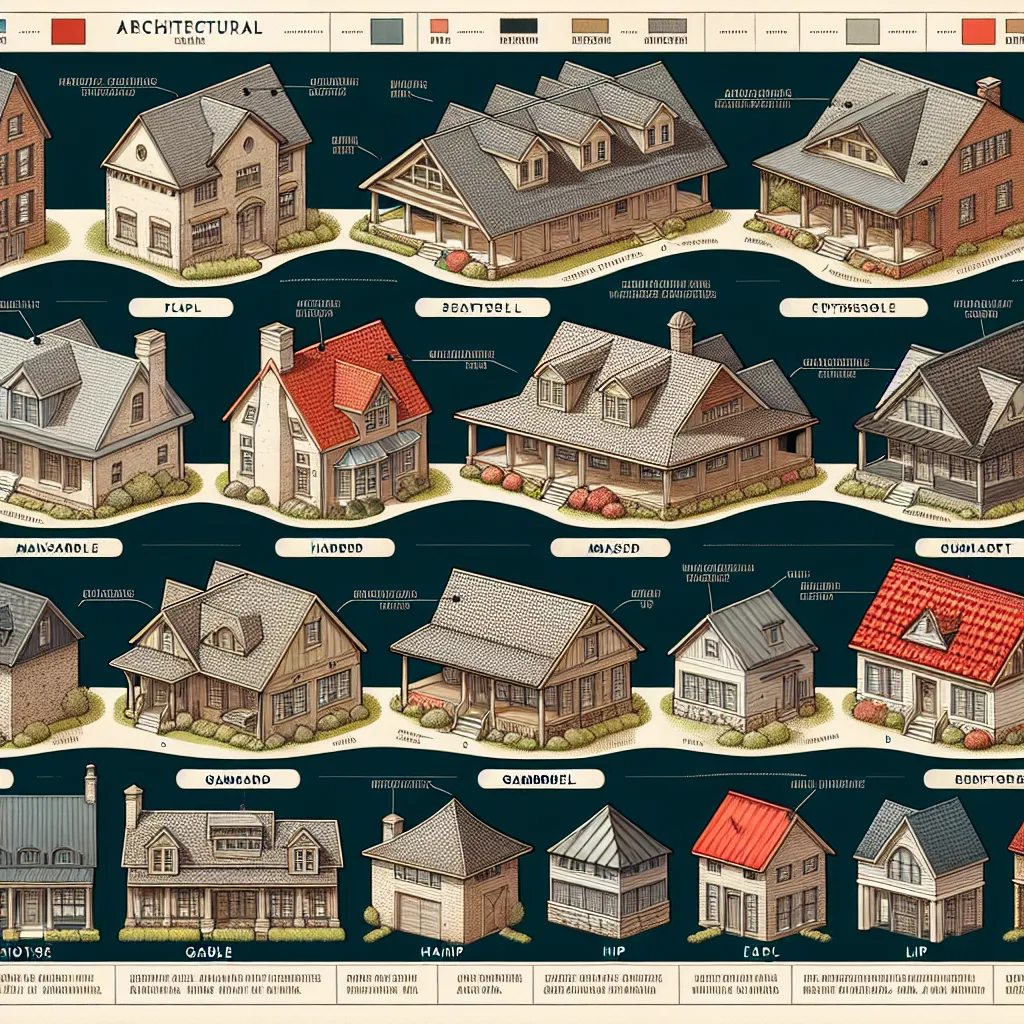Roofing repair companies are a bigger deal than most of us realize—until a storm hits, water drips onto the kitchen table, and we’re frantically searching for help. In the world of roofing repair companies, making the right choice can mean the difference between peace of mind and endless headaches. We all want our homes to be safe, dry, and sturdy, but figuring out who to trust with your roof isn’t always simple. Let’s break down what makes roofing repair companies so vital, what to watch out for, and how to spot the real pros from the posers.
What Are Roofing Repair Companies and Why Do They Matter?
Roofing repair companies specialize in fixing leaks, replacing shingles, patching storm damage, and keeping your roof in tip-top shape. Without them, small roof issues could spiral into major, wallet-draining disasters. Whether it’s a missing shingle after a windy night or a sneaky drip that ruins your ceiling, these companies keep our homes safe and our lives less stressful.
Why Should We Care?
- A leaky roof can destroy more than just insulation—think mold, ruined furniture, and higher energy bills.
- Roof repairs are often urgent, so trust and reliability matter more than flashy ads.
- The right roofing repair company saves us money in the long run, preventing minor problems from becoming huge ones.
Key Benefits of Hiring Roofing Repair Companies
Let’s face it, DIY roofing is about as fun as a root canal and twice as risky. Here’s why calling in the experts is usually the smartest move:
1. Safety First
Roofing work means ladders, heights, and slippery surfaces. Professionals have the gear and experience to avoid injuries.
2. Expertise and Experience
Roofing repair companies know the difference between a quick fix and a lasting solution. They spot hidden issues we’d never see.
3. Quality Materials
Pros use materials designed to last—no more peeling shingles after the first storm.
4. Warranties and Guarantees
Most reputable companies offer warranties, so if something goes wrong, you’re covered.
5. Fast Response Times
When water’s pouring in, you don’t want to wait. Top roofing repair companies know how to hustle.
Table: Common Benefits vs. DIY
| Benefit | Roofing Repair Company | DIY Attempt |
|---|---|---|
| Safety | High | Low |
| Material Quality | Professional-Grade | Varies |
| Warranty | Usually Included | Nope |
| Time to Complete | Fast | Can drag on |
| Problem Detection | Thorough | Often Missed |
Drawbacks to Consider
Nobody’s perfect—even the best roofing repair companies. Here’s what we’ve learned to look out for:
- Cost: Professional work isn’t cheap, especially for big repairs.
- Scheduling: During peak season, you might wait longer than you’d like.
- Inconsistent Quality: Not every company delivers on their promises. Some are all talk.
- Pushy Sales Tactics: A few bad apples exaggerate problems to upsell you.
How to Choose the Right Roofing Repair Company
This isn’t a decision to make on a whim. We’ve made mistakes so you don’t have to—here’s what to focus on:
1. Check Credentials and Licensing
A legitimate company won’t hesitate to show proof of insurance and local licenses. If they dodge the question, run.
2. Read Real Customer Reviews
Look for patterns, not just star ratings. Do people mention reliability? Clean-up? Communication?
3. Ask About Warranties
A solid warranty means they stand behind their work.
4. Transparent Pricing
Get everything in writing. Beware of vague estimates and secret fees hiding in the fine print.
5. Local Experience
Local companies know the weather, building codes, and common roofing problems in your area.
6. Evaluate Communication
From first call to final handshake, good roofing repair companies keep you in the loop.
Checklist: Questions to Ask
- Are you licensed and insured?
- How long have you been in business?
- What kind of warranty do you provide?
- Can you give references from recent jobs?
- How do you handle unexpected issues during repairs?
What Do Roofing Repair Companies Actually Do?
Some folks think they just slap on new shingles, but there’s a lot more to it. Here’s a rundown of common services:
H3: Types of Services Offered
- Leak Detection & Repair: Tracking down sneaky water entry points.
- Shingle Replacement: Swapping out damaged or missing shingles.
- Flashing & Gutter Repair: Ensuring water can’t sneak in around chimneys or valleys.
- Storm & Hail Damage Repair: Fixing major damage after wild weather.
- Roof Inspections: Preventing future disasters with regular checkups.
- Roof Replacement: When repairs won’t cut it, they’ll handle a full replacement.
H4: Commercial vs. Residential
| Service Type | Residential | Commercial |
|---|---|---|
| Materials | Asphalt, Metal, Tile | TPO, EPDM, Metal |
| Size/Scope | Smaller, Steeper | Larger, Flatter roofs |
| Common Issues | Storm, Age, Leaks | Pooled water, Punctures |
Real-World Examples: Roofing Repair Companies in Action
Nothing beats a good story. Here are three anonymized examples that prove the value of reliable roofing repair companies:
Example 1: The Nighttime Leak
A couple in Ohio woke up after heavy rain to find water dripping onto their hallway carpet. They called a local company, who came out the same morning, replaced a torn shingle, and sealed a vent—no more leaks, and the bill matched the estimate.
Example 2: The Commercial Building Rescue
A small business owner noticed stained ceiling tiles in her shop. A roofing repair company found the culprit: failing flashing around an AC unit. In two days, the crew repaired the flashing, patched the membrane, and her business stayed open the whole time.
Example 3: Gutter Woes Solved
After years of overflowing gutters damaging siding, a homeowner hired a roofing repair company for a full gutter and flashing upgrade. The crew custom-fit the gutters, and heavy rains now flow away from the house like magic—no more soggy landscaping.
Most-Asked Questions About Roofing Repair Companies
1. How much does roof repair usually cost?
Costs vary, but minor repairs can start around $300, while major repairs could reach $2,000 or more. The final price depends on materials, roof size, and the extent of damage.
2. How fast can roofing repair companies respond to emergencies?
Top companies can often respond within 24 to 48 hours for urgent repairs. Response times may be longer after major storms or during busy seasons.
3. What’s the typical lifespan of a repaired roof section?
With quality materials and proper installation, a repaired section can last 10-20 years. Regular inspections help catch new issues early.
4. Do roofing repair companies offer free inspections?
Many do, especially for obvious issues like leaks. Always confirm before scheduling—some charge a fee that’s credited toward repair costs.
5. Are warranties on repairs standard?
Most reputable roofing repair companies offer warranties of at least one year on labor and materials. Double-check the details before hiring.
6. How do I know if my roof needs repair or full replacement?
If repairs are frequent or your roof is near the end of its expected lifespan (15-30 years for shingles), a replacement might be smarter. A good company will walk you through your options honestly.
7. Can repairs be done during winter?
Yes, but some materials and techniques work better in warm weather. Urgent leaks get priority, but cosmetic fixes may wait until spring.
What to Watch Out for When Hiring Roofing Repair Companies
We’ve seen it all—here’s what sets great roofing repair companies apart from the pack:
- They answer your calls (and your questions!)
- They show up on time, every time
- They stick to their word, from estimate to cleanup
- They treat your home like their own (no left-behind nails or trash)
- They don’t pressure you into unnecessary work
Choosing the right roofing repair company is about more than just price—it’s about peace of mind, safety, and protecting your home for years to come. A little homework now can save you a ton of stress (and cash) down the road.
Roofing Repair Companies
Roofing repair companies are essential for maintaining the integrity and safety of your home. They specialize in fixing leaks, replacing damaged shingles, and storm damage repairs. Choosing the right company involves evaluating credentials, reviews, and warranty options.
Why Choose a Professional?
- Safety: Experts have the right gear and experience.
- Quality: They use high-grade materials and proper techniques.
- Cost-Effective: Proper repairs prevent bigger, costly issues later.
How to Compare?
| Criteria | Look For | Avoid |
|---|---|---|
| Licensing & Insurance | Confirm before hiring | Unlicensed contractors |
| Customer Reviews | Check online reviews & references | Negative feedback or no reviews |
| Warranty | Ensure clear, written warranty | No warranty or vague promises |
Graph: Cost vs. Longevity of Repairs
[Insert simple line graph showing initial cost vs. lifespan of repair]
Most-Trusted companies like Deer Park Roofing are known for reliability and quality. Ready to protect your home? Contact us today for a free estimate and experience top-tier roofing repair service!
Frequently Asked Questions About Roofing Repair Companies
How much does roof repair usually cost?
Costs vary depending on the extent of damage, but minor repairs can start around $300, while major repairs may reach $2,000 or more. The final price depends on materials, roof size, and specific issues.
How fast can roofing repair companies respond to emergencies?
Top companies can often respond within 24 to 48 hours for urgent repairs, especially after storms or during busy seasons. Response times may be longer during peak periods.
What’s the typical lifespan of a repaired roof section?
With quality materials and proper installation, a repaired section can last between 10 to 20 years. Regular inspections help catch new issues early and extend its lifespan.
Do roofing repair companies offer free inspections?
Many do, especially for obvious issues like leaks. It’s best to confirm beforehand, as some companies charge a fee that may be credited toward repair costs.
Are warranties on repairs standard?
Most reputable roofing repair companies offer warranties of at least one year on both labor and materials. Always review the warranty details before hiring.

